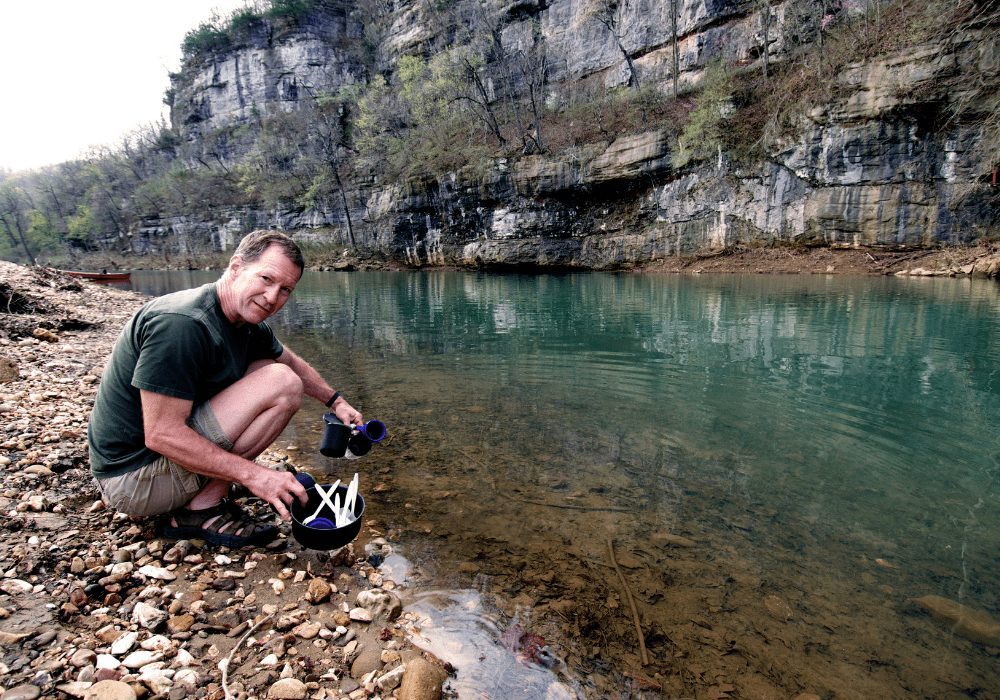
8 Tips for How to Stay Clean While Camping
Estimated reading time: 9 minutes
Camping in the great outdoors is fun.
You get to disconnect from the humdrum of modern life and immerse yourself in the beauty of nature.
Camping out in the wild is an adventure, for sure. Unfortunately, certain things can get in the way of your ideal nature getaway.
One of those things is keeping yourself and the environment clean.
“Not a problem. I’ll just bring some detergent and hand soap to keep my gear and clothes clean.” Right?
Wrong.
You may want to avoid using anything good for your gear but bad for the environment.
You’ll not only face local fines but you’d be damaging the very thing you’re trying to appreciate.
Table of Contents
Keep Yourself Clean the Right Way
So, how do you stay clean while camping without damaging the environment?
Below we’ve listed our Top 8 Tips so you can keep yourself and the environment clean while camping:
1. Go for Moisture-wicking Clothes
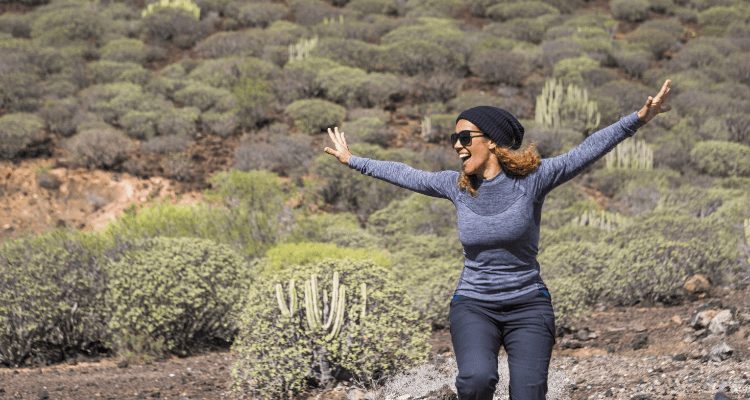
The first way to keep clean while camping is to wear moisture-wicking clothes. While this may not seem directly connected to keeping clean, it’s actually one of the best ways you can do so.
Moisture-wicking clothes made from synthetic polyester or wool wick away moisture from sweat, rain, etc. They take any excess moisture on your skin and move it to the surface where it can evaporate. So even when the temperature drops, you’re still dry and toasty.
This is great since sweat and moisture, especially in warm areas of your body, attract bacteria and make you stink.
Also, moisture-wicking clothing dries quickly after you wash them so you can bring just a few clothes.
Check out our outdoor clothing here.
This brings us to our next point…
2. Cleaning Your Clothes On A Camping Trip
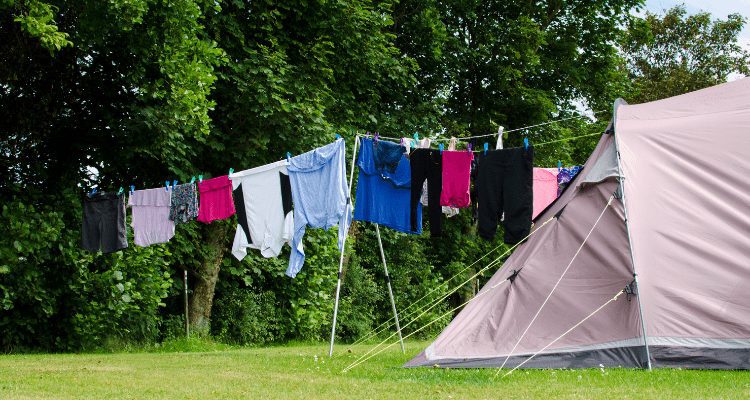
First things first… Pack only three sets of clothes.
Since you’ll be wearing moisture-wicking clothes, three sets of outfits are going to be enough. You can alternate between the two sets of outfits every day. Just wash the one you wore for the day and use the other set while that one is drying.
This helps you keep your clothes clean and fresh while also letting you pack light.
Here’s how you can do your laundry while camping:
- Bring a gallon-size Ziploc bag before you go on your trip.
- If you’re camped near a natural source of non-standing water — like a pond, stream, river, or lake — you can use that water to wash your clothes. If there isn’t any one of these, you may have to pack extra water for laundry.
- Put your clothes in the Ziploc bag then add water and some unscented biodegradable detergent powder then seal the bag.
- Shake it up for several minutes then dump out the water at least 200 feet away from any water sources.
- Add more water, reseal, shake it up again, then dump out the water, again at least 200 feet away from any water sources.
Your clothes should be clean and ready to dry overnight.
“So what’s the third set of clothes for?” you ask.
The third set of clothes are going to be your “camping pajamas.”
This set of clothes never leaves the tent (unless you have to do your business at night). Keeping this set of clothes in your tent prevents dust, dirt, soot, and pollen from sticking to them.
You can check out some of our in-house camp gear here.
3. Bring a Sleeping Bag Liner
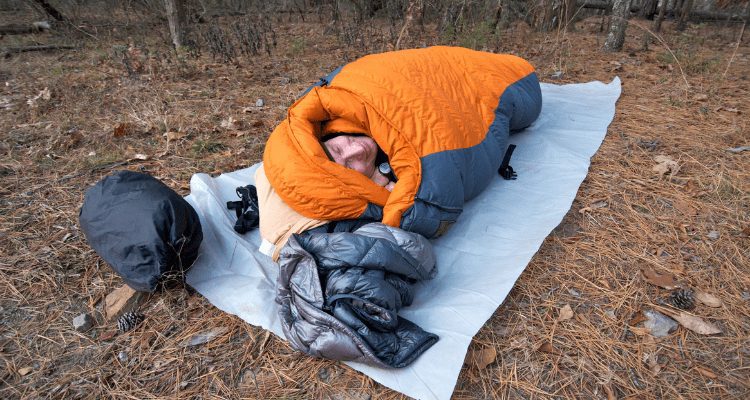
While on the topic of sleeping, remember to bring a sleeping bag liner.
Sleeping bag liners don’t just keep you warm at night, they also protect your sleeping from any dirt you bring in.
Sometimes there’s just no avoiding the dirt, dust, and sweat while exploring through nature.
If you’re simply too tired to shower and change into your sleeping clothes, the sleeping bag liner shields your sleeping bag from the dirt.
Also, a sleeping bag liner is much easier to wash and dry than your entire sleeping bag so you can re-use it many times while on your trip.
I highly recommend the Cocoon Ultralight Silk Sleeping Bag Liner.
4. Use Nature-friendly Cleaning and Sanitary Supplies
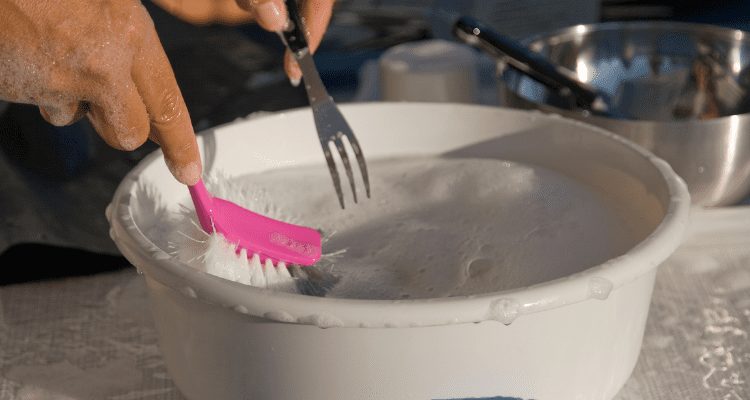
As outdoors people, we need to do our part in protecting the environment for future generations. One way to do this is by using non-toxic, biodegradable cleaning products.
Keeping yourself clean while camping is good. Doing so using environmentally-friendly products is even better.
Before you go camping, you may want to stock up on the following:
- Non-toxic, biodegradable castile soap: This soap can be used for bathing, washing hands, cleaning dishes, doing laundry.
- Unscented deodorant made with coconut oil or beeswax: You need some way to keep the camping stink at bay.
- Unscented, alcohol-based hand sanitizer: Keeps you clean and safe from camping-related illnesses like diarrhea.
- Toothbrush, all-natural toothpaste, and floss: Just because you’re camping doesn’t mean you can neglect your pearly whites. (More on this later)
- Unscented wilderness wipes: For keeping your face and skin clean.
- Quick-drying microfiber towel: An effective tool for wiping away dirt and sweat. Also doubles as a mat to lay your head on.
- A sh*t kit (Toilet Paper / Bandana + Trowel): So you leave no trace, even when doing your business.
Anything toxic, are the things you should leave at home.
I received the Tyger 16 in 1 Multifunctional Shovel for Christmas a couple years ago, and it’s definitely served it’s purpose.
5. Wash Your Hands Regularly
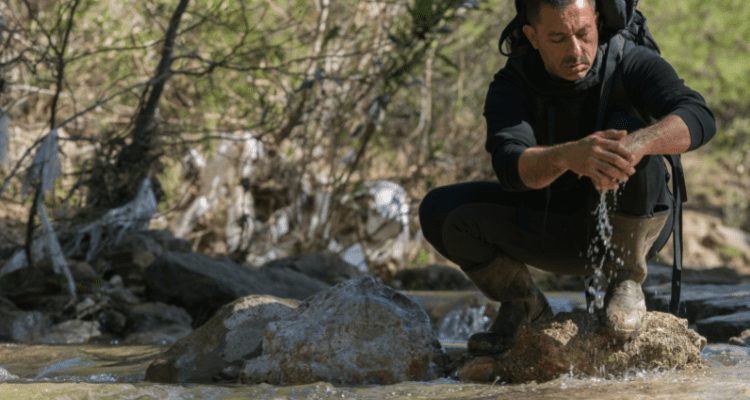
You’ve heard it time and time again during lockdown:
Wash your hands regularly.
It works. This is why you need to do it even while out in the woods.
Washing your hands regularly with unscented, alcohol-based hand sanitizer or non-toxic, biodegradable soap keeps your hands clean and safe from any disease-causing bacteria and viruses.
It’s a good idea to make a washing station in your camp to spread this habit and prevent a camp-wide sickness.
I’ve grown fond of the Sea to Summit Wilderness Wash Pocket Soap.
6. Take a Nature Shower
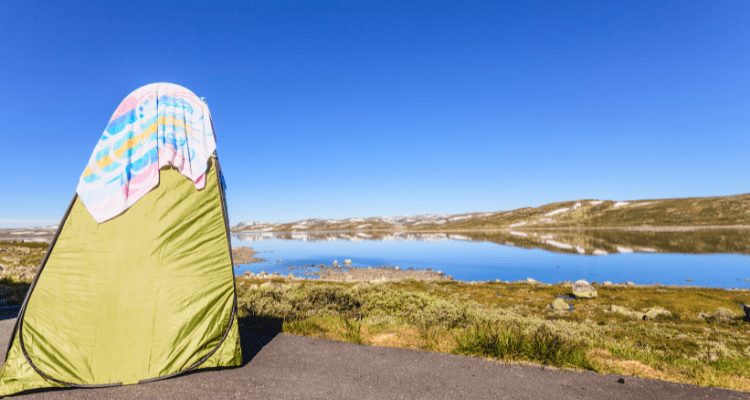
One of the best ways to keep clean at the end of the day is by taking a shower.
You can either bathe in some non-standing water, bring along extra water, or even a portable camping shower.
Remember NOT to use soap or cleaning products if you’re bathing in a natural water source so you won’t contaminate the water.
In a pinch, you can use unscented baby wipes or wilderness wipes to wipe yourself clean. Alternatively, you can use a quick-drying microfiber towel with soap and water.
Here’s a link to our 12 Volt Automatic Camping Shower.
7. Doing Your Business in the Wild
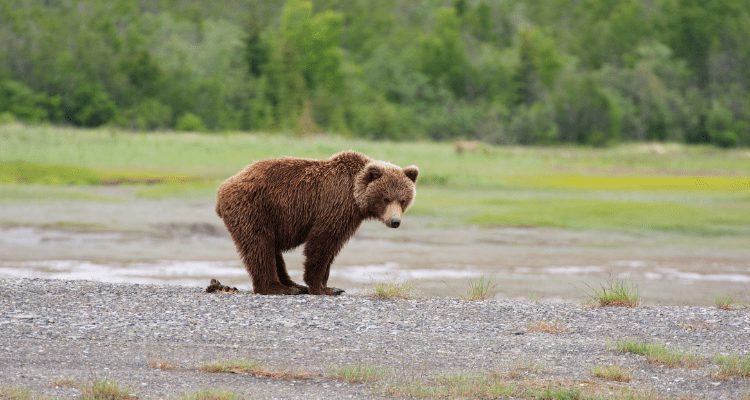
Another important part of keeping clean in camp is to know how to do your business camping style.
Doing this properly prevents sickness and rashes. It also keeps you from stinking up the place and attracting flies which can track disease.
For peeing (mostly for the ladies) you can use leaves in place of toilet paper in case you run out or didn’t bring any. You can also use a bandana then just rinse it out when you pass by a lake or river. Remember, leaves of three, leave them be (this way you don’t accidentally wipe with poison oak or ivy).
For pooping, toilet paper is a must. You can then pack it and make sure to completely burn it after use. In a pinch, moss or leaves can be used.
Make sure you’re completely clean after doing your business. Using a baby wipe for your groin area then washing your hands is essential.
If I am camping in an area without toilets, I walk at least 20 yards from camp, and always dig and then fill the hole when I am done.
Again, Sea to Summit has come through with a readily compostable wipe aka Wilderness Wipes.
8. Don’t Neglect Your Teeth
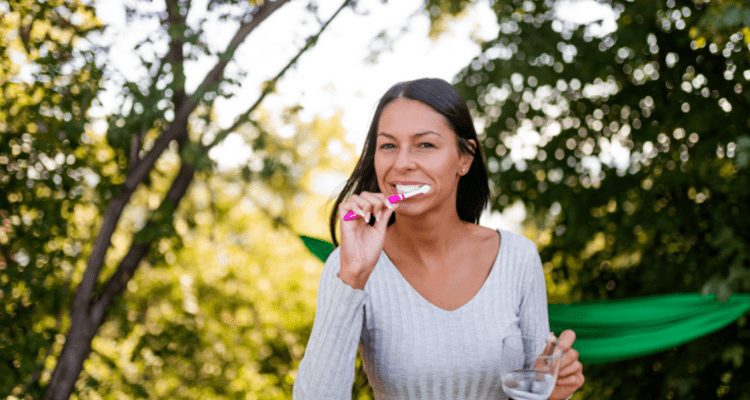
Just because you’re out in the woods doesn’t mean you can neglect your pearly whites.
Yes, toothpaste can be bad for the environment (it’s the fluoride).
However, organic/natural toothpaste is available as an alternative.
Using this toothpaste, brush your teeth as you usually would. But, before spitting, dilute the toothpaste by taking a big sip of water and swooshing it around in your mouth.
Then spray it in a wide area instead of just spitting it out.
Congratulations! You’ve just kept your teeth clean while making as little impact on nature as possible.
More adventure related reading: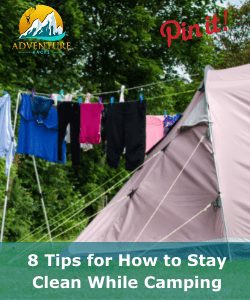
-> Backpacking Meal Planning 101
-> What Gear To Bring On A Day Hike
-> 15 Best Trail Towns In The United States
-> The Essential Ultralight Backpacking Gear List
-> 20 Most Extreme Adventures You Should Go On Before You Die
Like this article on what is success?
Please consider sharing on Facebook, Twitter, & Telegram
That’ll do it for this one!
-David


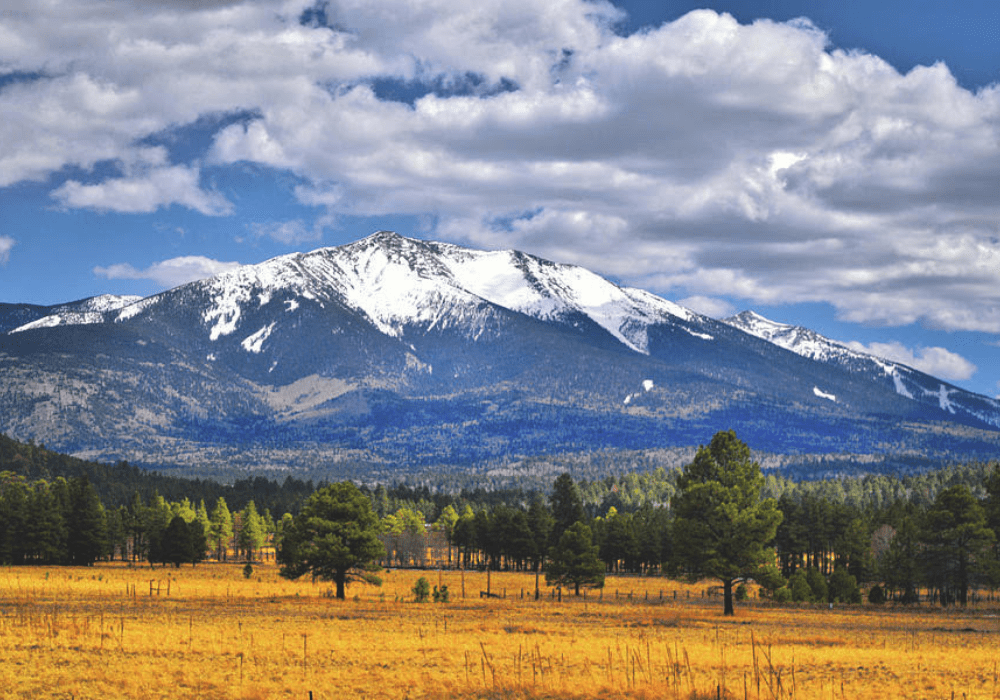
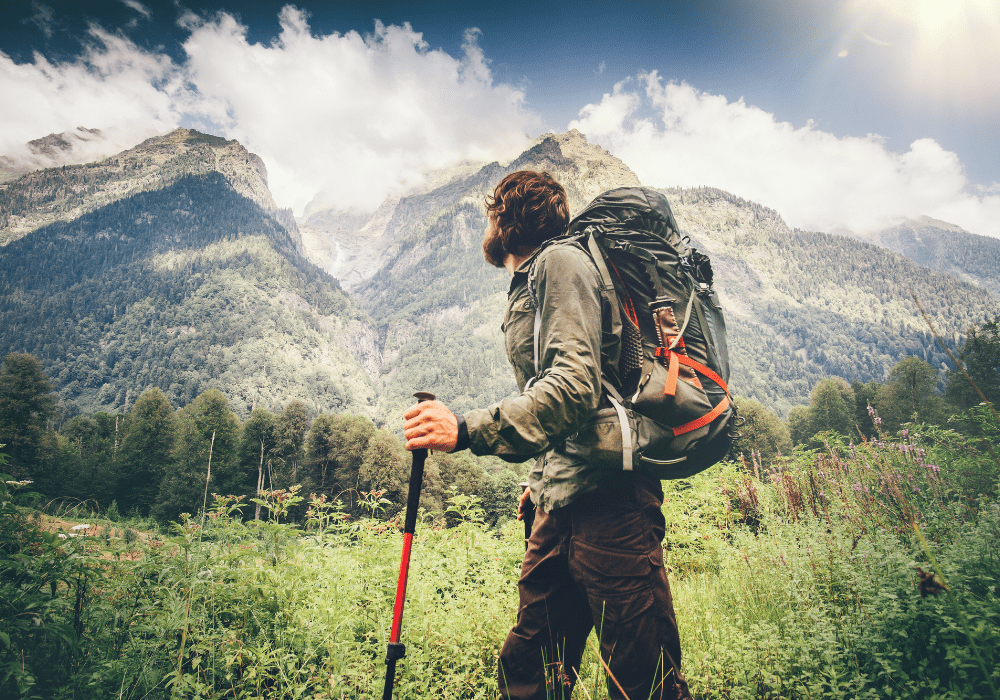
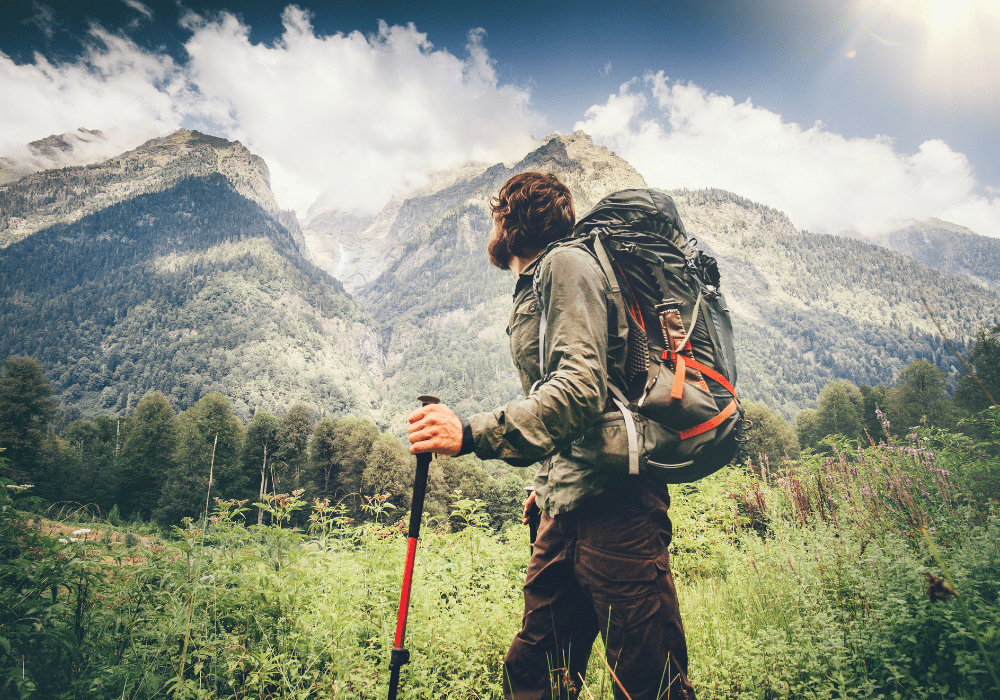
Pingback: 10 Tips for How to Prevent Blisters While Hiking - AdventureHacks
Pingback: 8 Tips for How to Care for a Sleeping Bag After Use - AdventureHacks
Pingback: 10 Reasons Why AdventureHacks The Online Camping Store is For You - AdventureHacks
Pingback: Top 10 Outdoor Adventures In Arizona - AdventureHacks
Pingback: Top 10 Locations for the Best Outdoor Rafting Adventure In The United States - AdventureHacks